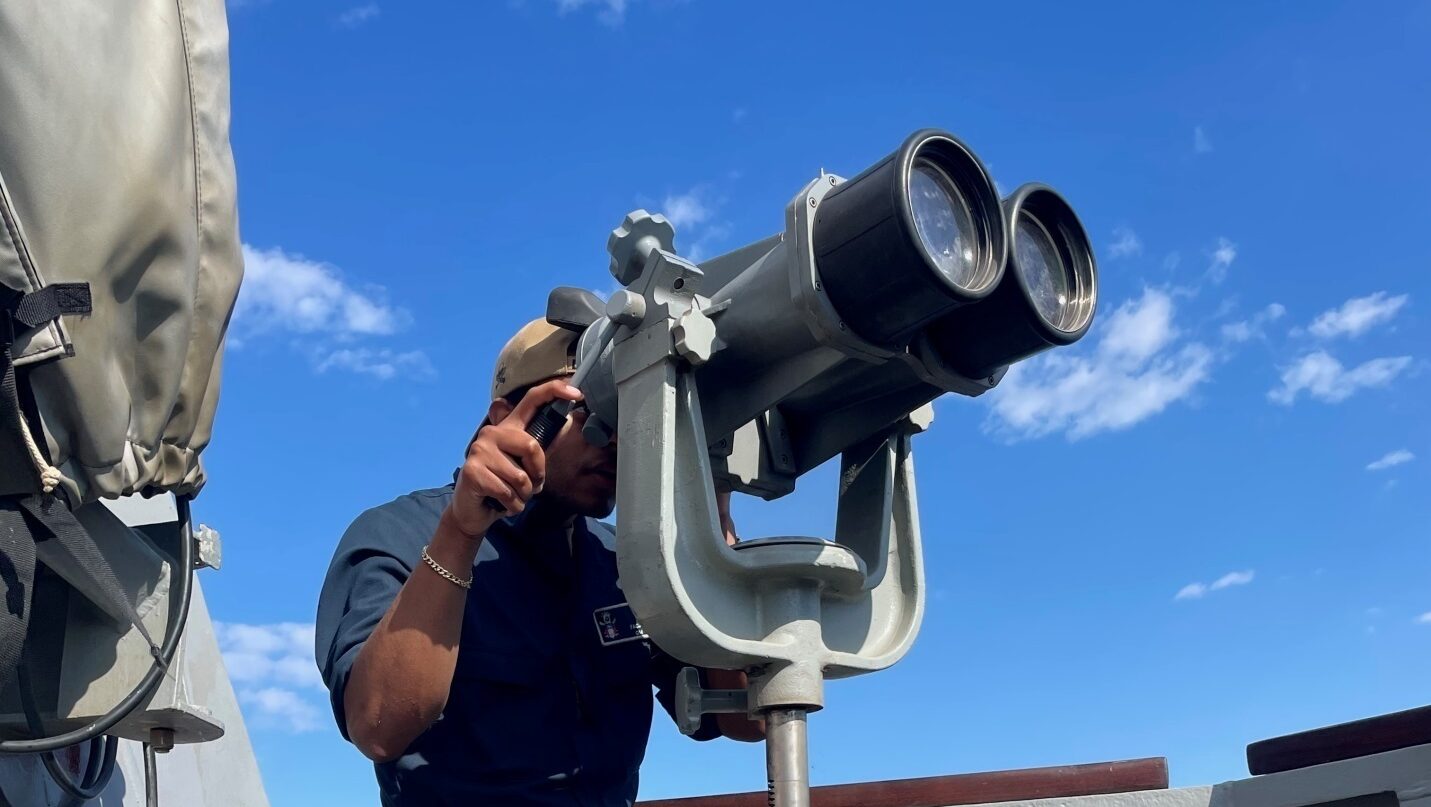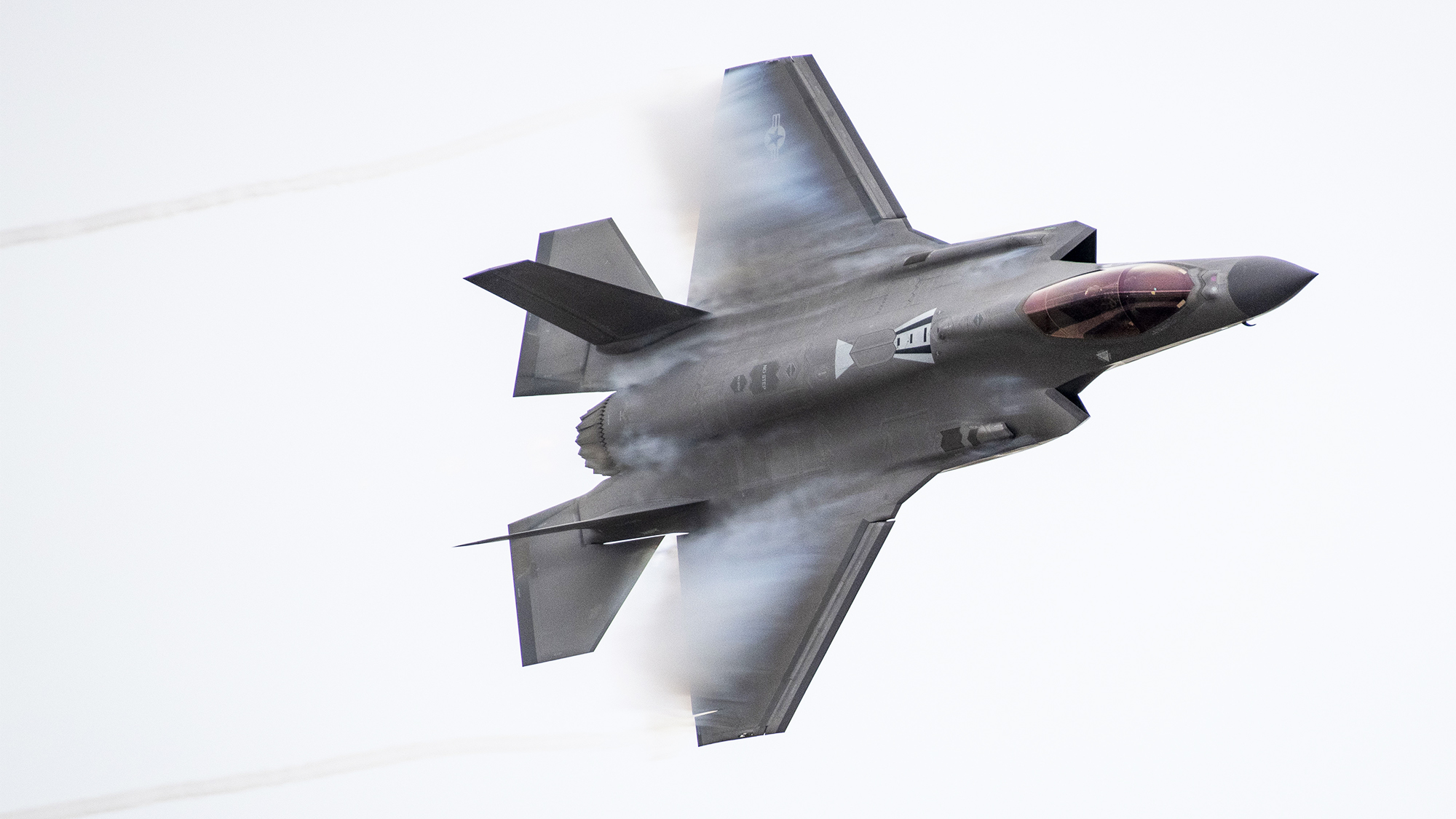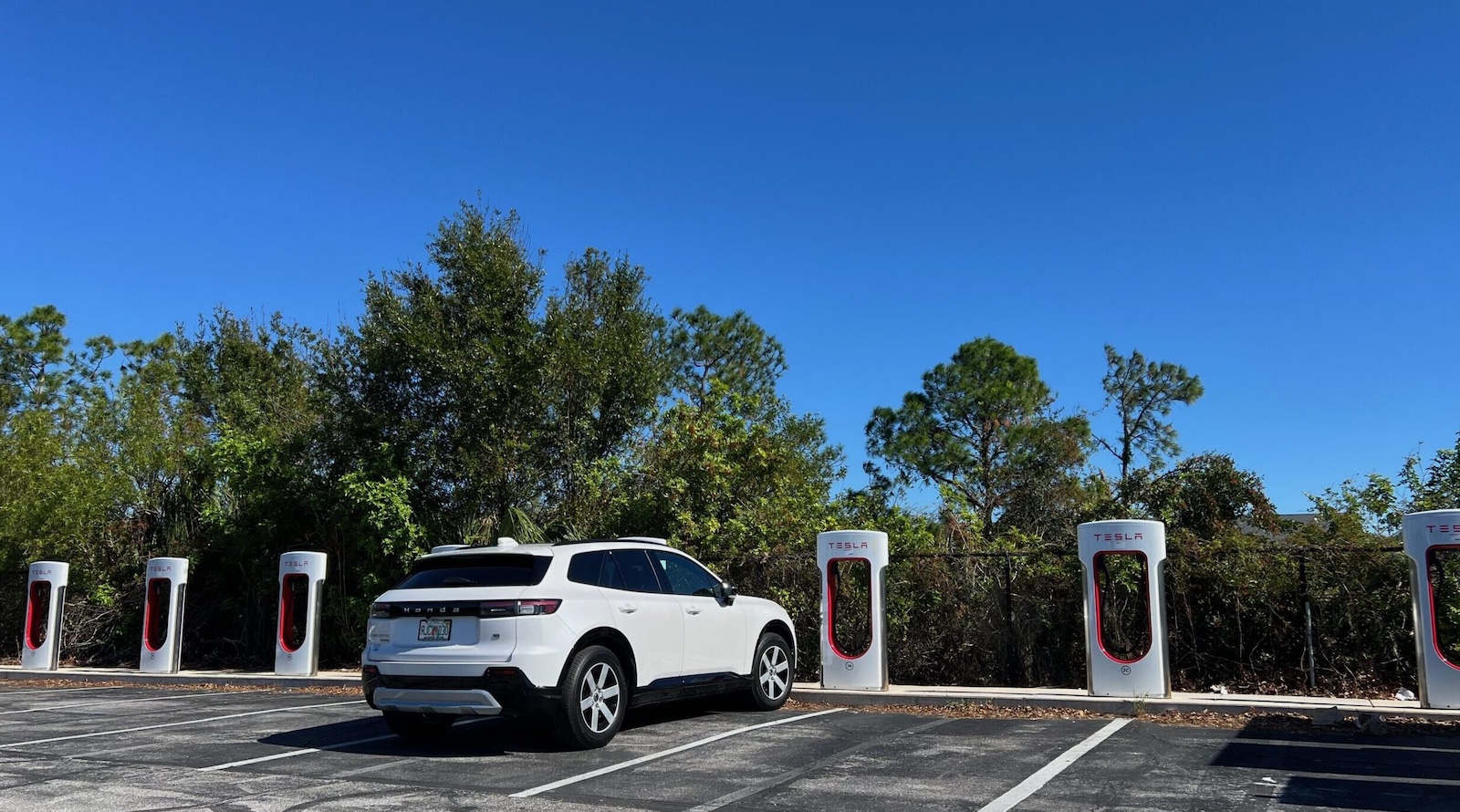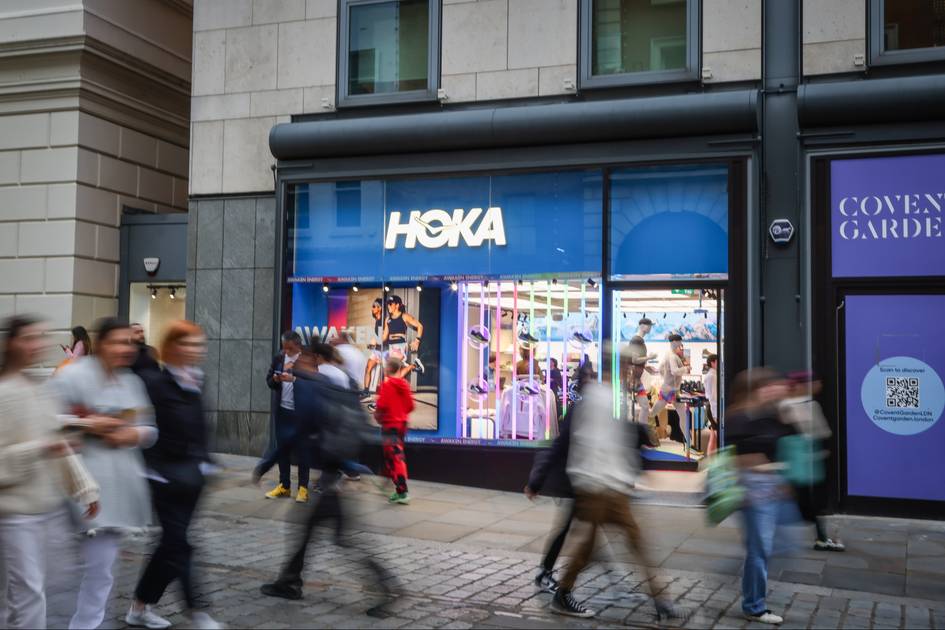Despite quarterly loss and battered stock, Triumph Financial stays aggressive
Even in the midst of a sharp drop in his company’s stock price and a freight market that is not supporting the bottom line at Triumph Financial, CEO Aaron Graft touted milestones reached and signaled a new aggressiveness in pricing the company’s products. In his quarterly letter to investors released in conjunction with the company’s […] The post Despite quarterly loss and battered stock, Triumph Financial stays aggressive appeared first on FreightWaves.

Even in the midst of a sharp drop in his company’s stock price and a freight market that is not supporting the bottom line at Triumph Financial, CEO Aaron Graft touted milestones reached and signaled a new aggressiveness in pricing the company’s products.
In his quarterly letter to investors released in conjunction with the company’s earnings on Wednesday, Graft said Triumph’s “network engagement” – the percentage of brokered freight that one or more of its payments systems touch – crossed the 50% mark in the first quarter for the first time. The road to that number has been steady; the four prior quarters from the first quarter of last year through the end of 2024 went 42.7%, 46.6%, 47.8% and 48.7%.
But after two quarters of positive earnings before interest, taxes, depreciation and amortization, the Payments group at Triumph slipped to a slight negative margin of 0.1%. In the letter, Graft said the group had several noncore charges that led to the EBITDA red ink.
That isn’t stopping Triumph from more aggressively pricing its payment products, Graft said.
Monetizing the network
“The time has come to shift more emphasis to monetization of the Network” – the “Network” being the full invoice audit and payment system that has been the core of Triumph’s growth plans.
“Our efforts to monetize payments will be aimed at fairly and consistently pricing our services based on the value created for our clients as we continue to build income,” Graft said. Many current customers date back to when Triumph purchased HubTran in 2021, kicking off the growth of the audit network, and their fees have not kept up. “The value we are creating for many of our clients has grown faster than our pricing,” he said.
Triumph’s stock price has taken a beating in recent months. It is down 34.4% for the year and far more for the past three months: 45.6%. Graft acknowledged that slide without citing specific numbers, but did say that “seasonality and cyclicality have converged with uncertainty around trade policy and recession fears, [and] our enterprise valuation has been affected.”
But in this quarter’s version of what he has been saying repeatedly, Graft also said that earlier declarations that “the plan is to stick to the plan … [have] not changed.”
“We will not blame the freight market and trade policy for our results, nor will we let them dissuade us from our strategic vision,” he said. “We could have deviated from the plan and ceased additional investments, delayed immediate realignment expenses, or cut our way to modest profitability this quarter. Each of those has a cost – whether you execute it or avoid it. It is not in our nature to avoid pain today at the risk of jeopardizing long-term value.”
The plan for Greenscreens
Graft’s letter was the first published since Triumph acquired Greenscreens.ai, the analytical pricing tool that is now the core of the company’s Intelligence division. It isn’t expected to stop there in developing the unit, building in the other data it generates from its payment and factoring operations.
“Because we transmit and audit more data in furtherance of making a payment than anyone, we have the densest and cleanest data set in the market upon which to build rating products,” Graft said. “We also have the customer relationships and integrations to expedite our go-to-market strategy. This is why we have gone down this road, and why we intend to see it through.”
Graft said Greenscreens has a gross margin of about 90%. Closing is expected this quarter.
The LoadPay service designed to serve small to medium carriers has been launched. LoadPay’s target is to get money more quickly into a bank account that is part of the LoadPay offering. The first quarter saw payments of $5 million into carriers’ LoadPay account; $3.2 million of that occurred in March. Triumph has a little more than 1,000 LoadPay accounts at present and expects to finish the year with between 5,000 and 10,000.
Even though LoadPay is still in its infancy, Graft made it clear the plans for it are ambitious. The company’s factoring operations have long been a foundational business at Triumph and will have a “symbiotic” relationship with LoadPay, since both operations are designed to get money into drivers’ hands faster.
But Graft sees LoadPay as having a higher upside. “The interchange revenue we realize in LoadPay is higher per dollar of spend than our discount rate we charge in Factoring,” he said. “LoadPay is a more efficient business model and generates higher margin revenues.”
Factoring is still valuable, he said, but Triumph now sees it more as “part of a larger suite of products.”
In other points Graft made in the letter:
- Earnings were impacted by expenses connected to both LoadPay and the company’s Factoring-as-a-Service product, which assists in back-office factoring activities at third-party clients. But revenue from those products is just starting, impacting the bottom line. Graft also said C.H. Robinson (NASDAQ: CHRW) is the first customer for the Factoring-as-a-Service offering.
- The average invoice factored by Triumph was $1,769, just $2 more than in the prior quarter and $2 less than a year earlier. However, the average diesel price as measured by the weekly Department of Energy/Energy Information Administration price was up 9-10 cents per gallon in the quarter, which would have worked to increase the size of the average invoice. For the first time, Graft’s letter published its average dry van rate per mile found in the invoices it factors. For the first quarter, it was $2.05, up from $2.02 a quarter earlier. The two quarters prior to that were both $1.98.
- References in the Graft letter to the market were decidedly negative. One particular point: Contract rates have slid. “The downward trajectory on the average invoice size was more aggressive in 2025, creating greater pressure on contract rates than spot. We have, for the first time in the last three years, experienced a reduction in contract over spot pricing. Contract rates were down 7% while spot rates went down 5%.
More articles by John Kingston
Marten’s first quarter short on good news as OR worsens, profit dips
Freight fraud everywhere, but Truckstop CEO asks: Is anybody going to jail?
Breaking from the FreightTech AI pack: Companies make their case at TIA meeting
The post Despite quarterly loss and battered stock, Triumph Financial stays aggressive appeared first on FreightWaves.






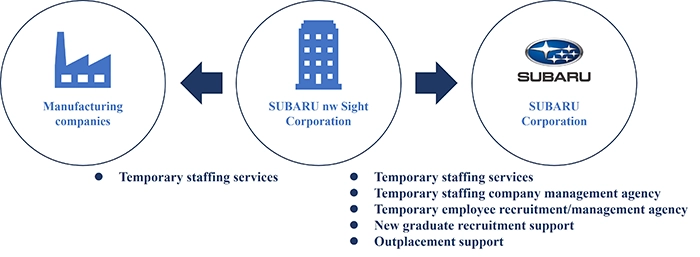






























































![[Podcast] Behind the Breakthroughs: How Almac Powers Clinical Trial Success with Care](https://imgproxy.divecdn.com/5lAJkli_KcGt1FSsw4EaegjgP76IHREqYEWbhNBJOXw/g:ce/rs:fit:770:435/Z3M6Ly9kaXZlc2l0ZS1zdG9yYWdlL2RpdmVpbWFnZS9CaW9QaGFybWFEaXZlXzEzNDZfeF83MjlfQXJ0d29yay5qcGc=.webp)






















